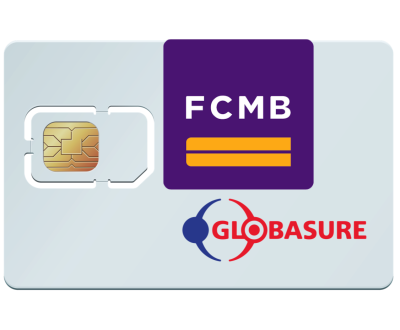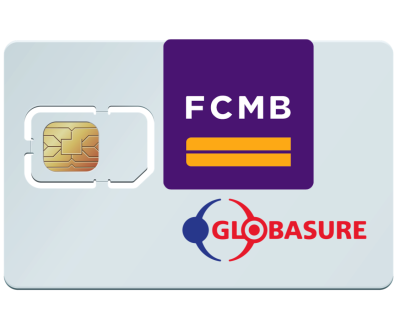Fintech, or financial technology, is the term used to describe any technology that delivers financial services through software, such as online banking, mobile payment apps or even cryptocurrency.
Fintech refers to software, algorithms and applications for both computers- and mobile-based tools.
In some cases, it includes hardware, too—like smart, connected piggy banks or virtual reality (VR) trading platforms.
Fintech platforms enable run-of-the-mill tasks like depositing checks, moving money among accounts, paying bills or applying for financial aid.
They also encompass technically intricate concepts like peer-to-peer lending or crypto exchanges.
The Fintech solutions are challenging the traditional financial infrastructure, as more services transition to a new technological paradigm, such as using a payment app on a mobile wallet instead of carrying physical credit cards in a physical wallet.
Fintech has changed many different markets, most notably the banking, trading, insurance and risk management industries.
Fintech companies, which include startups, technology companies and established financial institutions, utilize emerging technologies, such as big data, artificial intelligence, blockchain and edge computing to make financial services more accessible and more efficient.
Types of fintech
There are many different types of fintech, but some of the most popular areas are:
- Mobile wallets and payment apps are some of the most ubiquitous forms of fintech. Services like PayPal, Venmo, Square, Apple Pay Payalat and Google Pay allow peers to transfer money to each other or merchants receive payments from customers.
- Crowdfunding platforms, such as Kickstarter, Fundnami and GoFundMe, have disrupted traditional funding options by allowing platform users to invest their money in businesses, products and individuals.
- Cryptocurrency and blockchain technologies are some of the most well-known, and most scrutinized examples of fintech. Cryptocurrency exchanges, such as Coinbase and Gemini, allow users to buy or sell cryptocurrencies. Blockchain technologies also have the potential to move into industries outside of finance to reduce fraud.
- Robo-advisors consist of algorithm-based portfolio recommendations and management to lower costs and increase efficiency. Some popular robo-advising services include Betterment and Ellevest.
- Stock trading apps, such as Robinhood and Acorns, have become a popular and innovative example of fintech as investors can trade stocks from anywhere with their mobile device instead of visiting a stockbroker.
- Insurtech companies have disrupted many different types of insurance, such as car and home insurance. Companies like Oscar Health and Credit Karma are examples of insurtech companies that have entered the healthcare and personal finance industry.
More from our blog
See all postsRecent Posts
All Website Tags
Leave a Comment cancel
This site uses Akismet to reduce spam. Learn how your comment data is processed.









 WhatsApp us
WhatsApp us